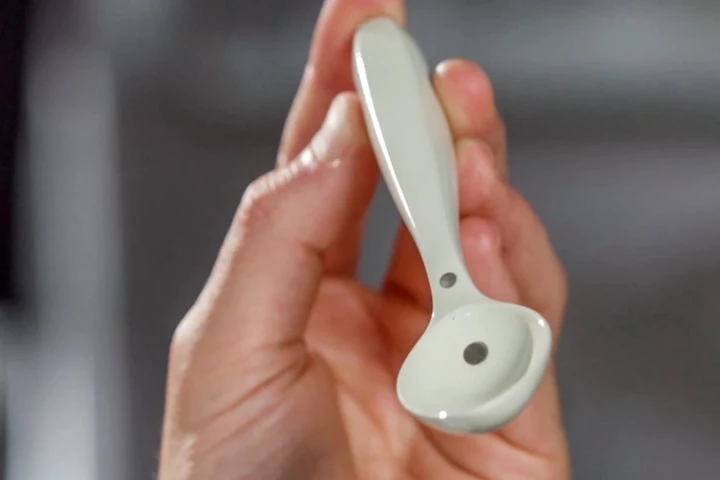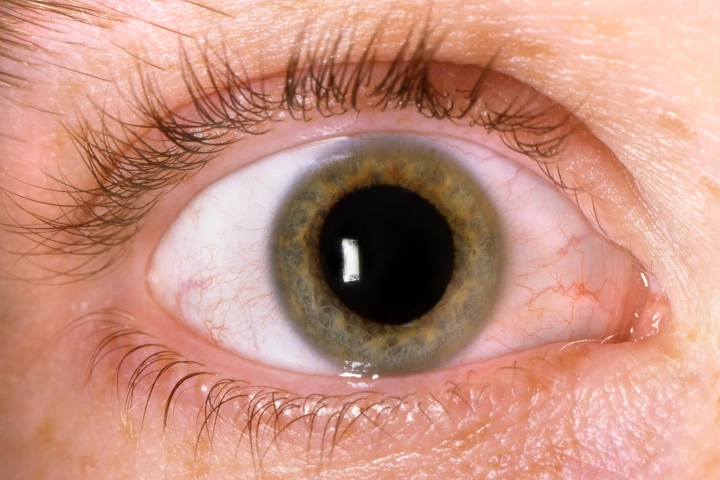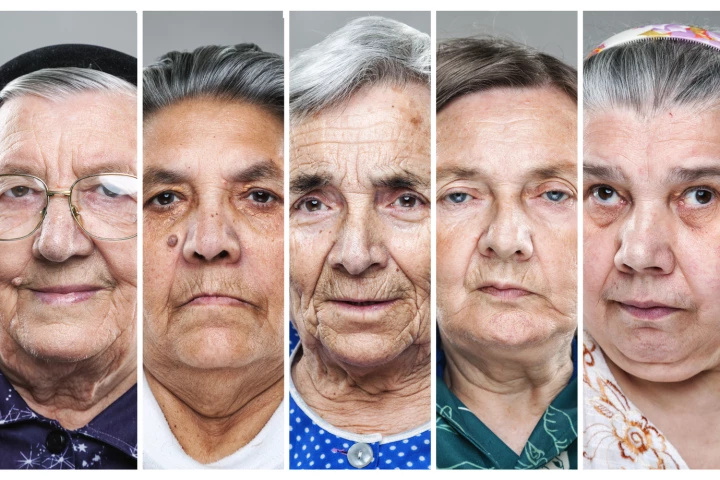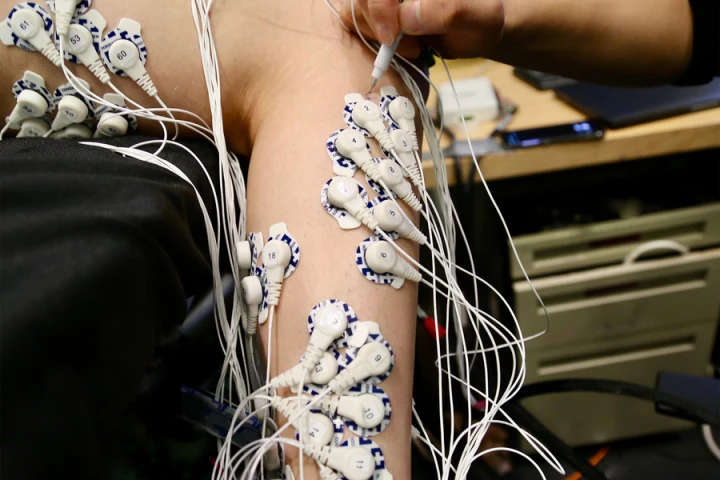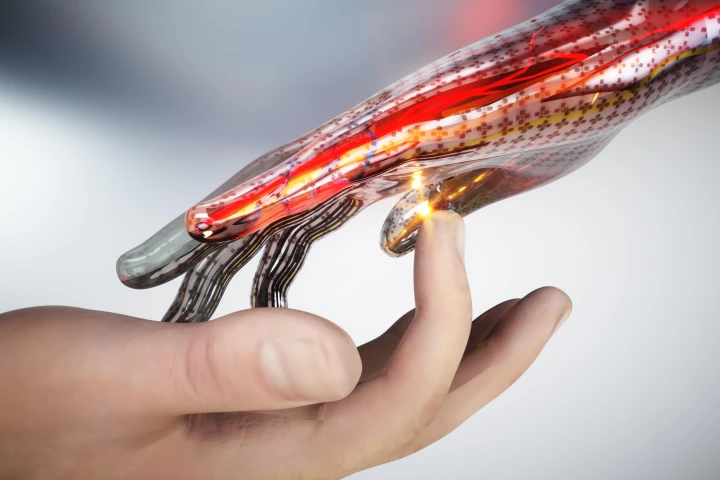Sensory
-
VR is incredibly immersive for sight and sound, touch can be done, and even smell is starting to appear. That just leaves one sense – and whether or not anyone actually wants to taste virtual worlds, a new device is now tackling that final frontier.
-
Touch is a vital sense in human survival and experience, yet not all touch is equal. Men have less touch sensitivity than women, which comes down to biology. Using biomechanics, scientists have found that you can hack nature with hyaluronic acid.
-
Nature has again proven effective in treating health conditions, this time nerve injury. According to a new study, a compound found in the blessed thistle plant accelerates the regeneration of damaged nerves, restoring motor function and touch sensation.
-
We've all heard "to follow one's nose" when it comes to trusting your gut. Now, scientists have found that the brain does exactly this, when previously unknown decision-making time cells fire up and evoke a rapid physical response to certain smells.
-
It's been called plain and boring, but this Thescelosaurus species has now had its sad reputation upended, thanks to fascinating sensory discoveries that suggest it lived a unique, successful life underground, beneath the feet of its fearsome predators.
-
Some people feel that their food isn't quite tasty enough unless it had added salt, sugar or MSG. The SpoonTEK spoon offers a healthier alternative, as it reportedly boosts the perceived flavor of foods by harmlessly zapping its user's tastebuds.
-
Using their sonar system, toothed whales are able to zero in on prey in the pitch black conditions of the deep sea. Seals lack such a system, but still catch prey in the same conditions. New research now shows how their whiskers allow them to do so.
-
A study found pupils respond in the same way to the number of objects in one’s field of vision as they do to light. Experiments revealed pupils dilate in response to images with more dots, indicating sensing numbers is an innate perceptual mechanism.
-
Our brains are extremely fast at recognizing the faces of people important to us. Now, a new study has identified a previously unknown population of brain cells that may be hybrids of sensory and memory neurons, which enable this quick recall.
-
For some time now, we've been hearing about prosthetic limbs that are designed to work with amputees' bodies. MIT researchers are taking a different approach, though, with a new type of amputation that facilitates the use of prostheses.
-
Researchers in Australia have succeeded in developing an artificial skin that responds to painful stimuli, heat and pressure like real skin does, which they see as an important step towards intelligent machines and prosthetics.
-
It is well known that dogs boast an incredible sense of smell, but new research has uncovered another way our four-legged friends use their famous noses to find their way around, detecting radiant heat much like a thermal infrared sensor.
Load More




